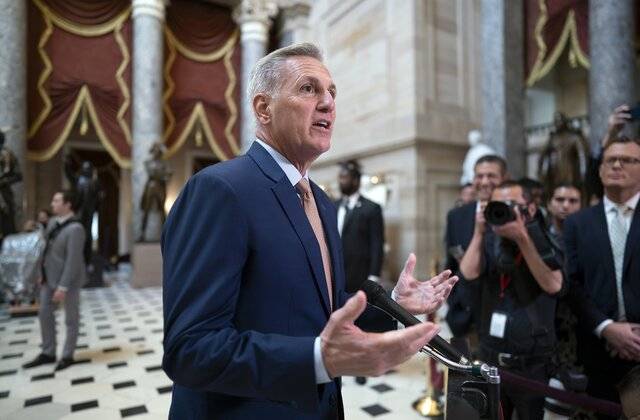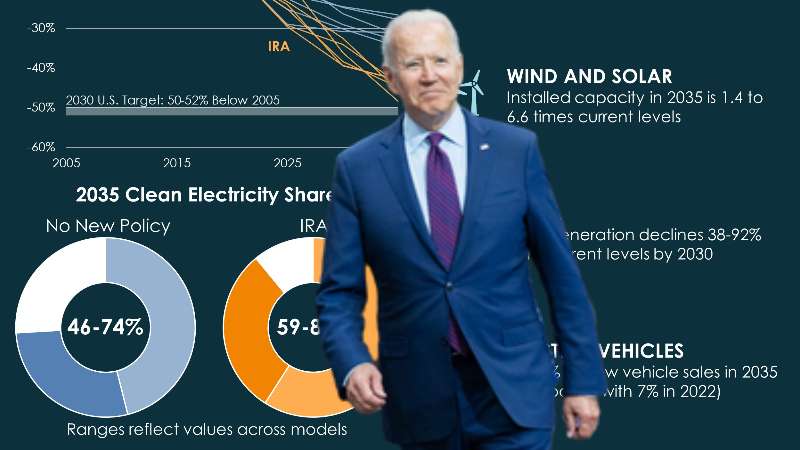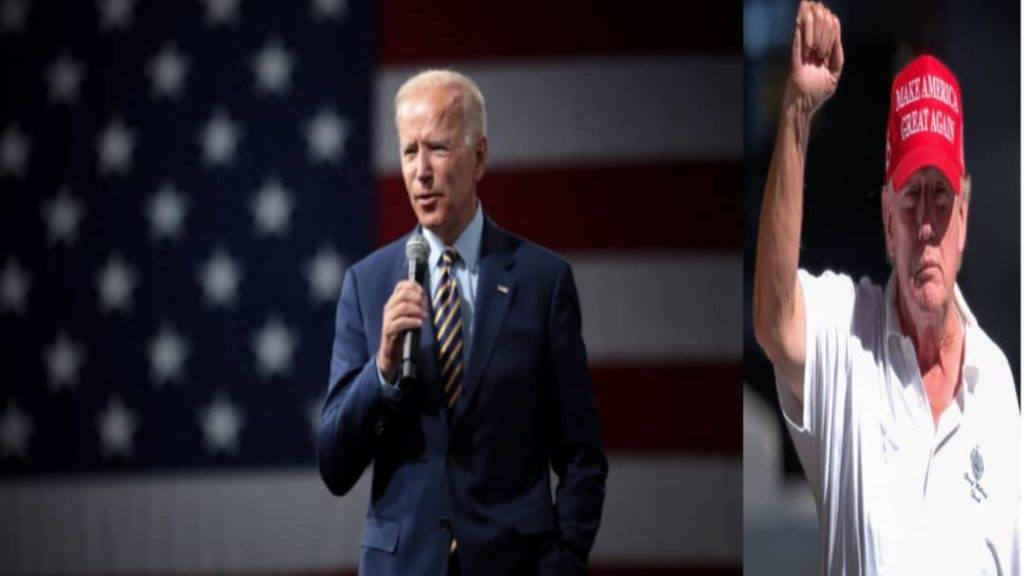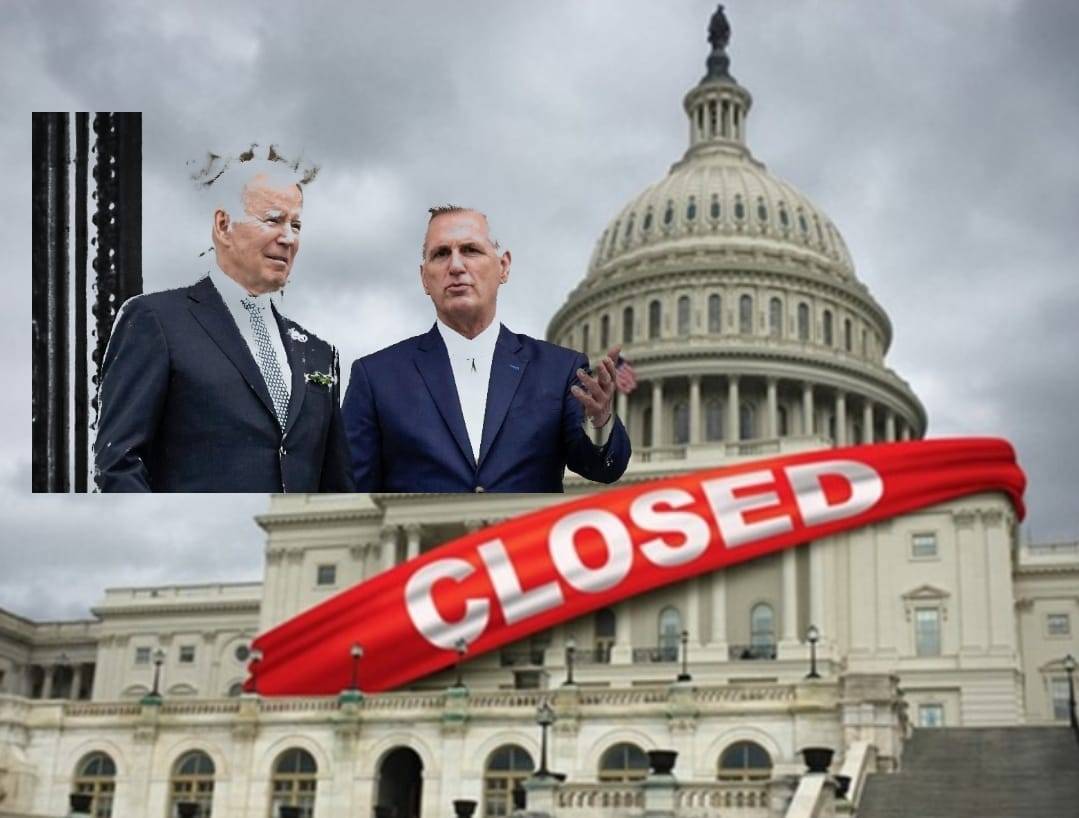President Biden’s Government Shutdown Warning and Funding Responsibility
As the deadline for a government shutdown looms, President Joe Biden has issued a stern warning to Republican conservatives, emphasizing the fundamental responsibility of Congress to fund the federal government. The ongoing standoff between political parties regarding funding decisions has raised concerns across the nation, as the potential shutdown threatens to disrupt various essential sectors, both public and private.
President Biden implored House Republicans not to backtrack on the debt deal he had previously reached with House Minority Leader Kevin McCarthy earlier this year. This deal had established federal government funding levels and was duly signed into law following approval from both the House and Senate. However, recent developments have cast doubt on whether this agreement will be upheld.
“We made a deal, we shook hands, and said this is what we’re going to do. Now, they’re reneging on the deal,” Biden expressed on Monday, underlining the importance of adhering to agreed-upon commitments.
The House is slated to vote on a package of bills aimed at funding various government functions on Tuesday evening. However, it remains uncertain whether McCarthy has garnered the necessary support to advance this legislation.

In parallel, the Senate is actively working on a bipartisan plan for a stopgap measure, intending to extend the deadline and secure continued government funding as congressional negotiations persist. The impending government shutdown, should it occur, carries significant risks for both public and private sectors, prompting concerns across the board.
Impact on the Defense Sector
One of the most critical areas of concern is the defense sector. While defense leaders assure that the nation’s security will not be compromised, service members may find themselves fulfilling their duties without receiving their due compensation. Training operations could be curtailed, affecting long-term readiness and potentially impacting efforts to support nations like Ukraine.
“A shutdown … puts the government on a complete standstill,” noted Deputy Pentagon Press Secretary Sabrina Singh. “But the U.S. military is going to continue to do its job and protect our national security interests and … those of our allies and partners as well.”
However, despite the commitment to national security, a government shutdown poses challenges for service members and their families, affecting their financial stability and overall well-being. The potential for troops to go without pay underscores the urgency of reaching a resolution in Congress to avert a shutdown.
In addition to defense, millions of federal workers, including military personnel and civilian employees, face the prospect of delayed paychecks if a shutdown occurs. Approximately 60 percent of federal workers are associated with the Defense, Veterans Affairs, and Homeland Security departments, highlighting the widespread impact.

Other Impact on the Economy and Welfare
Furthermore, the U.S. credit rating may face increased scrutiny and potential downgrades. Moody’s Investors Service has expressed concern about the weakening of institutional and governance strength if a government shutdown takes place. Such downgrades could lead to higher borrowing costs, although previous downgrades by Fitch Ratings and S&P had minimal market impact.
The repercussions of a government shutdown extend beyond federal workers, affecting government services, businesses, and financial markets. Delays in government services, such as clinical trials, firearm permits, and passport applications, could disrupt citizens’ lives. Federal contractors and businesses linked to government operations may experience disruptions, with the travel sector potentially losing $140 million daily.
Goldman Sachs has estimated that a government shutdown could reduce economic growth by 0.2 percent per week, with a subsequent rebound once the government reopens. The disruption in government services also undermines confidence in the government’s ability to fulfill its fundamental duties, impacting the broader economy.
The judiciary, however, will continue to operate for a limited time using funds from court filings and approved sources, ensuring that essential legal processes continue unaffected.
Additionally, the shutdown would not impact the funding for special counsels handling investigations involving individuals such as Donald Trump and Hunter Biden. These special counsels are financed through a permanent, indefinite appropriation, exempting them from shutdown-related disruptions.

Air travelers could experience significant delays and longer wait times at airports across the country, reminiscent of previous government shutdowns. A shortage of air traffic controllers could exacerbate the situation, potentially hindering air travel.
Vital programs like SNAP (Supplemental Nutritional Assistance Program) and WIC (Special Supplemental Nutrition Program for Women, Infants, and Children) have contingency funds that can carry over past the government funding deadline. However, extended shutdowns could pose challenges for aid disbursements.
As the specter of a government shutdown looms, the potential consequences for public and private sectors are significant. The outcome of ongoing congressional negotiations remains uncertain, and all eyes are on lawmakers, particularly in the House, as they grapple with the impending deadline and the need to ensure the uninterrupted functioning of government services and programs.
Table of Contents
Discover more from OGM News NG
Subscribe to get the latest posts sent to your email.














